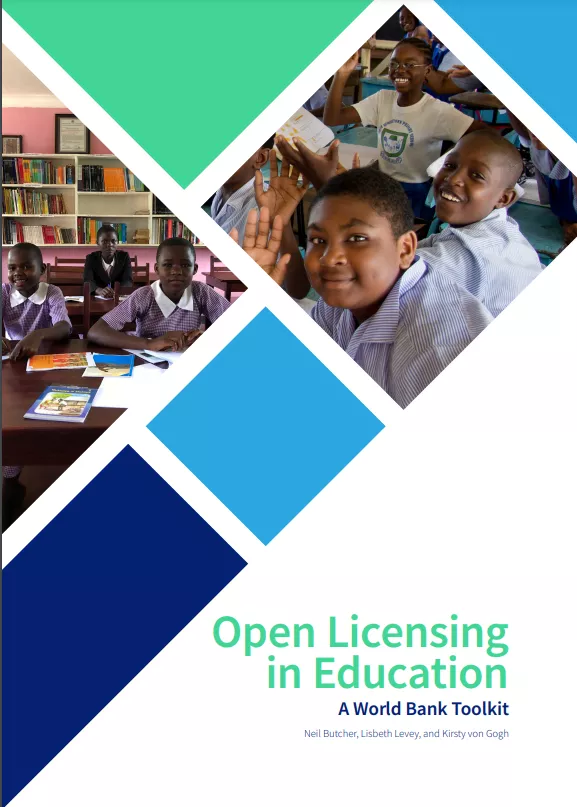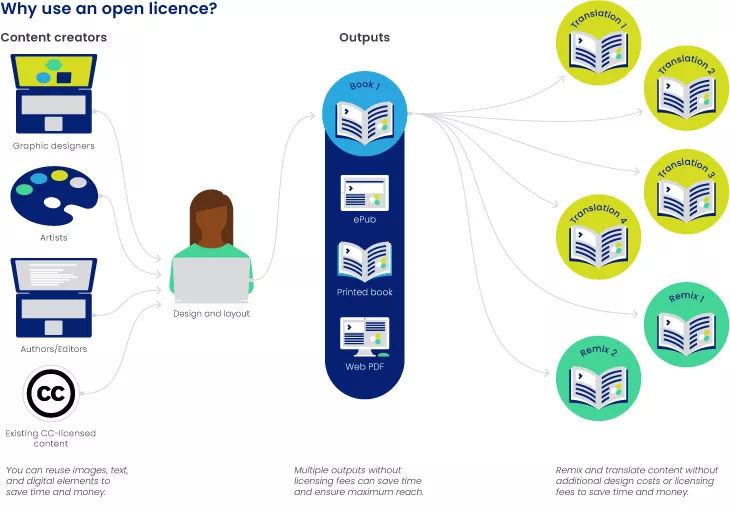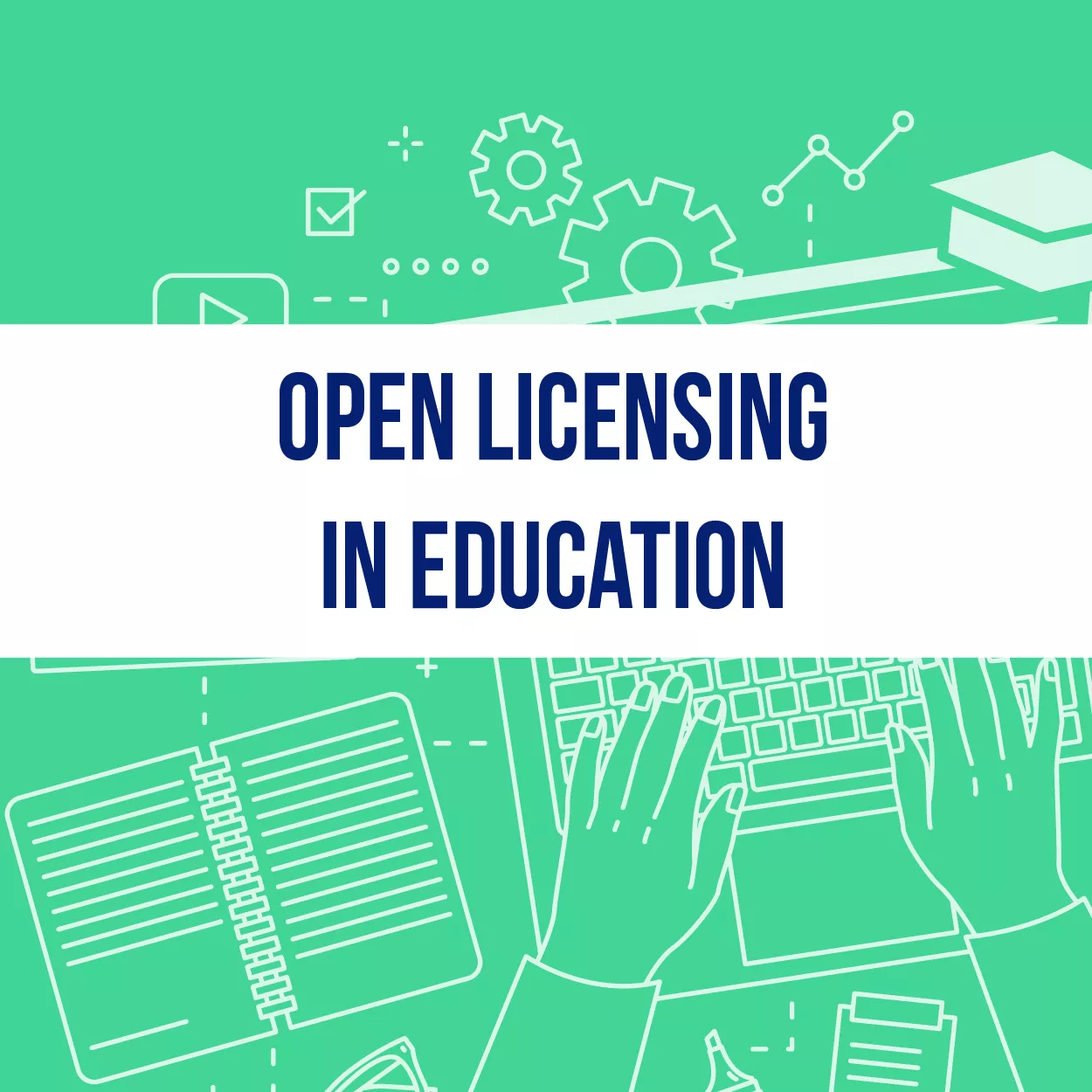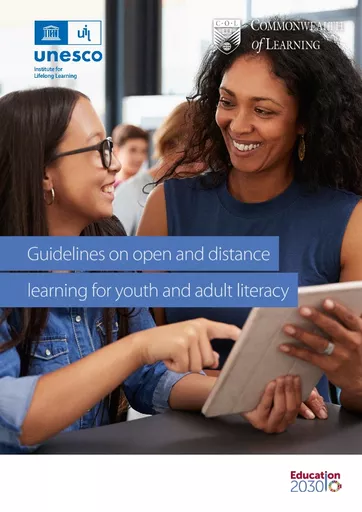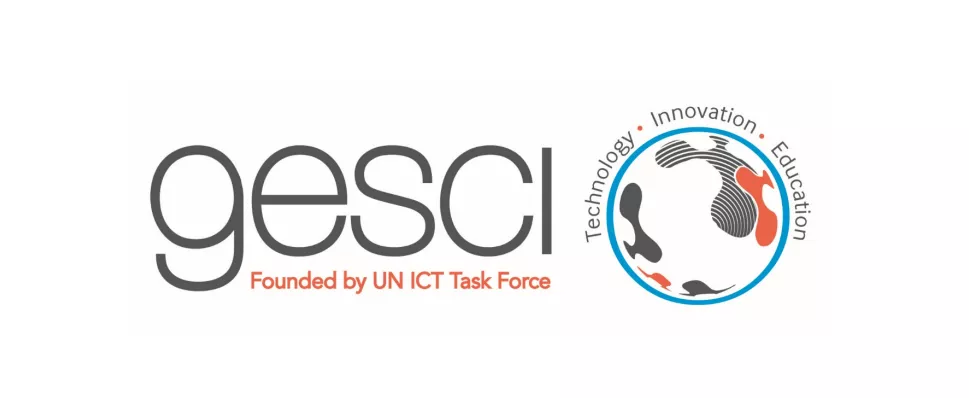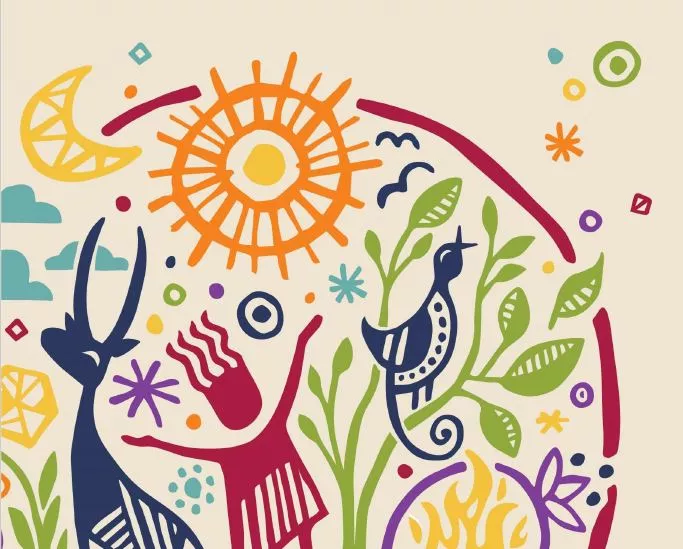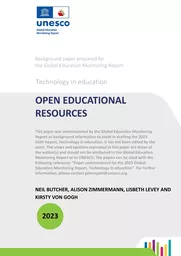
Open Educational Resources: Paper commissioned for the 2023 Global Education Monitoring Report, Technology in education
The United Nations Sustainable Development Goal 4 aims to ‘ensure inclusive and equitable quality education’. Open Educational Resources (OER) have the potential to support the removal of barriers to accessing resources and supporting inclusiveness (facilitated by digital literacy and information and communication technology). There are concerns about the quality aspect of OER, and how this is ensured for users and content creators. In addition, inclusion requires OER to be available in languages in which users prefer to access and use them.

